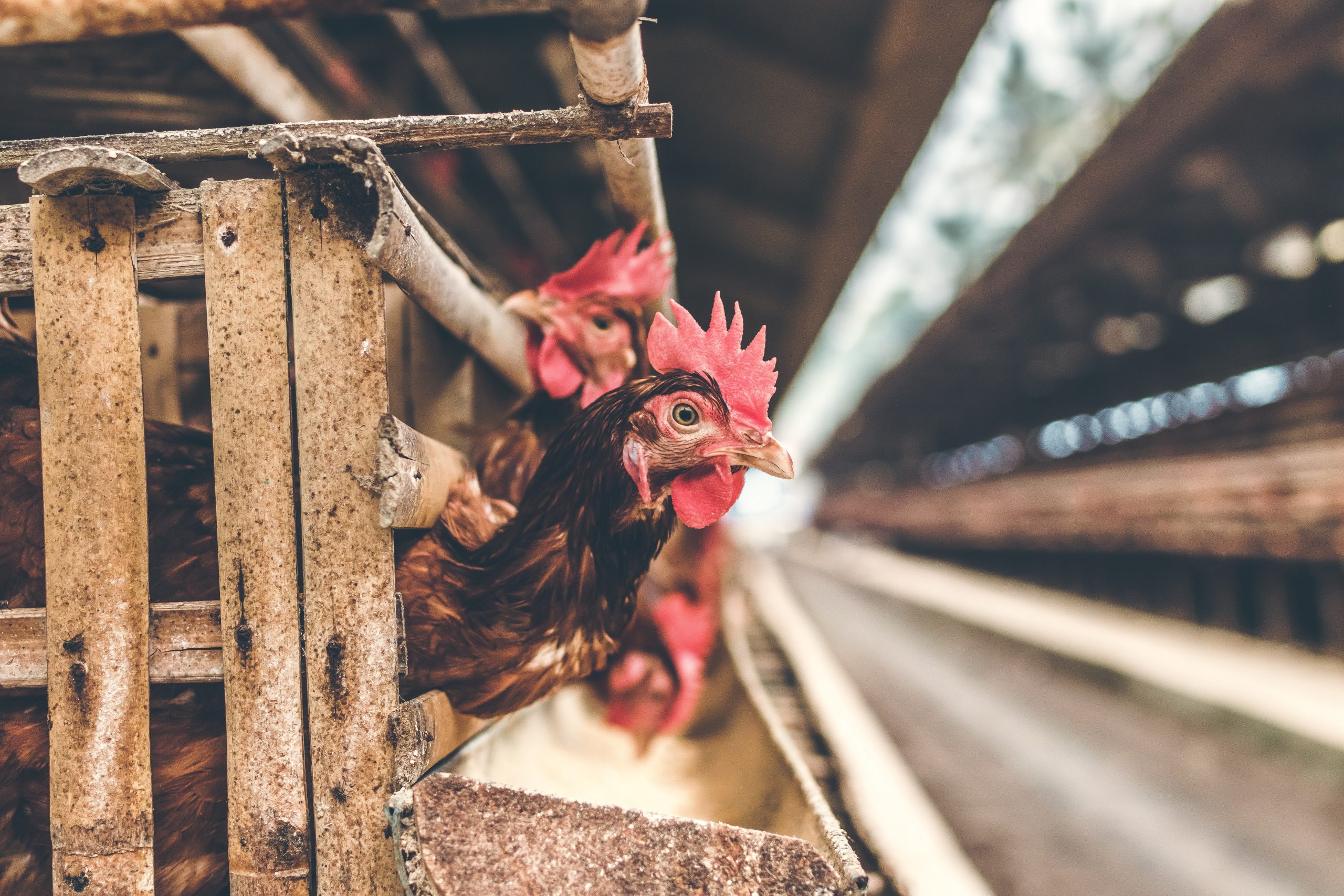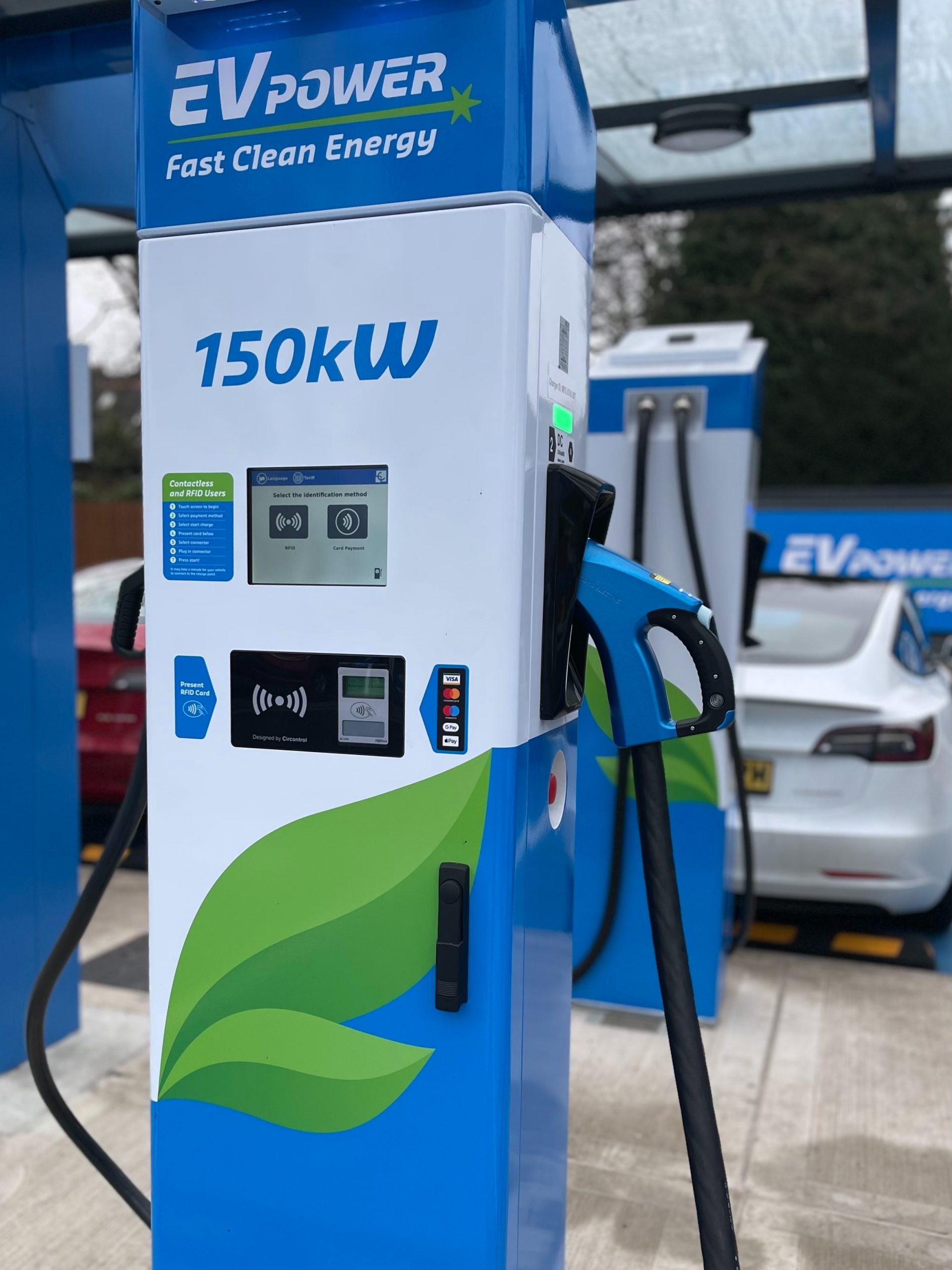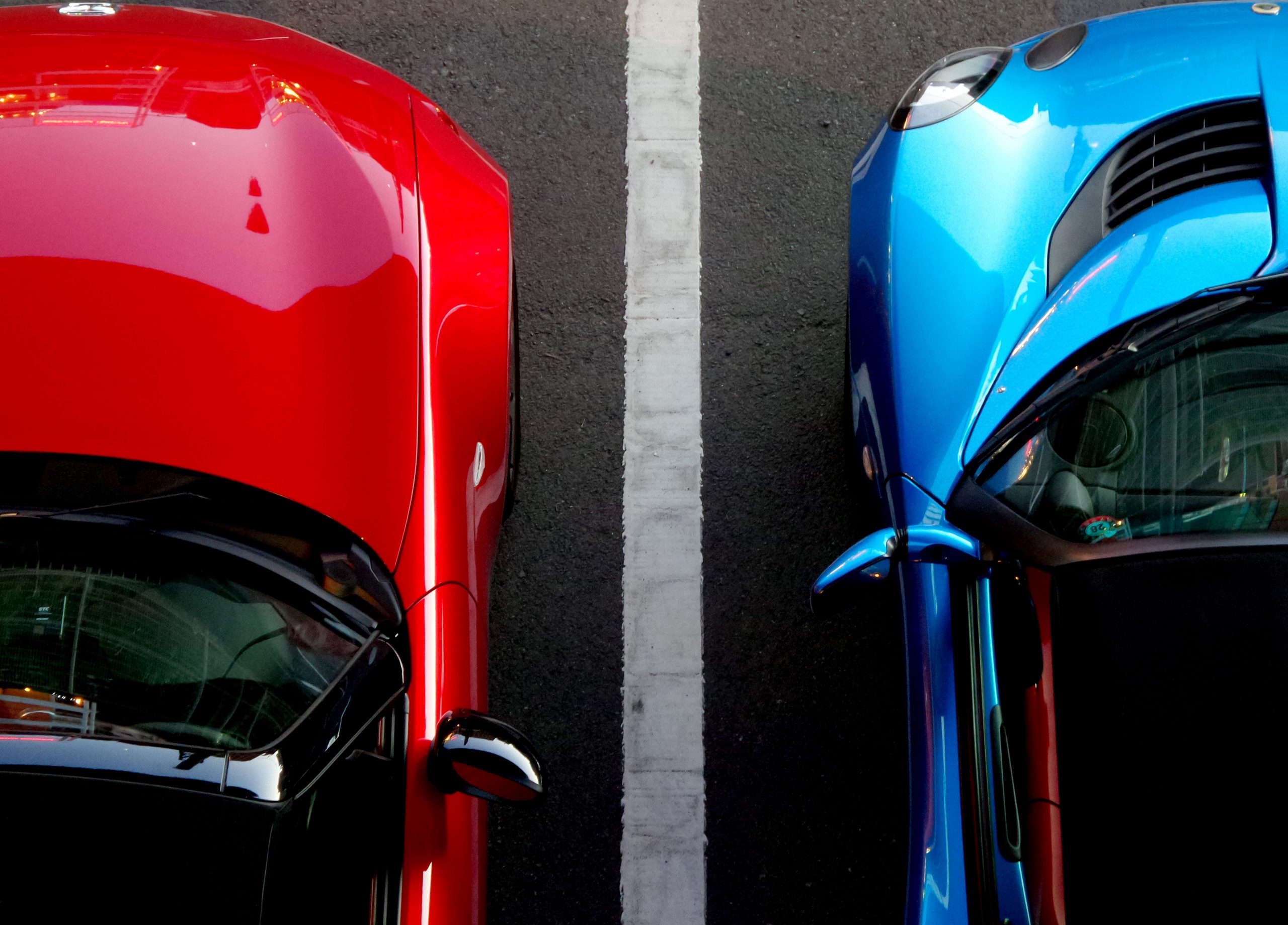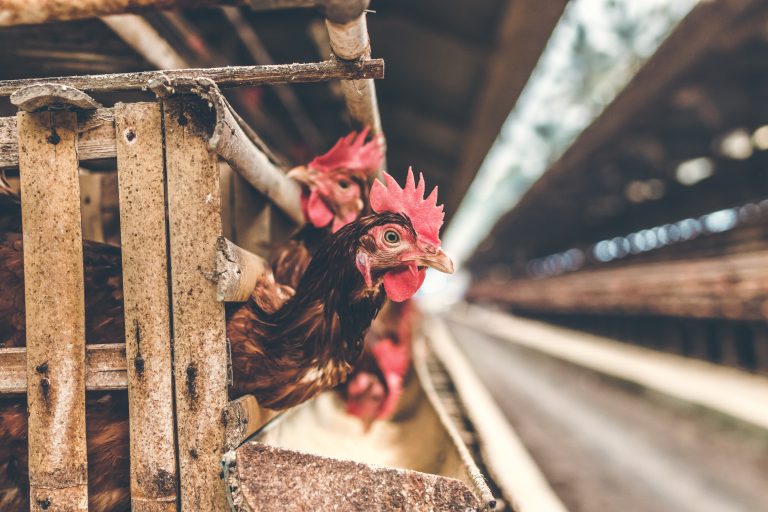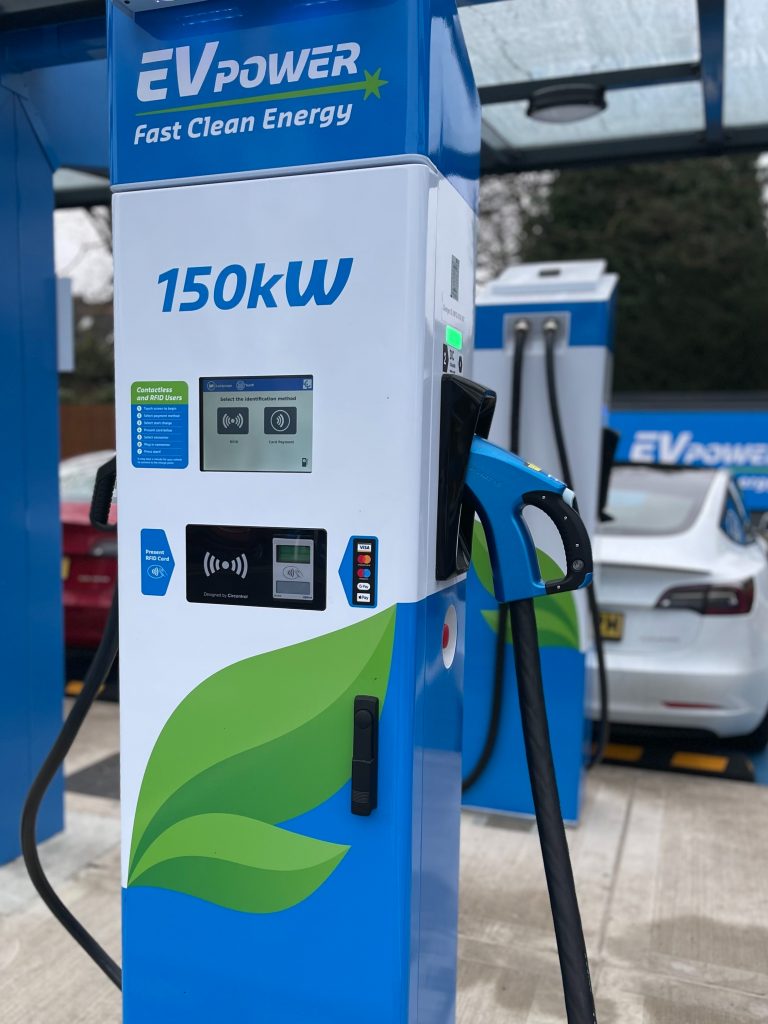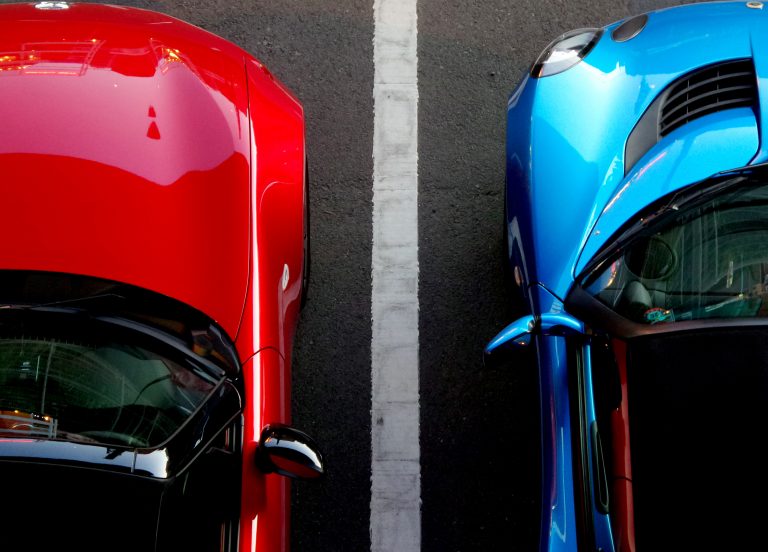Economics and Sustainability Series: The Geopolitics of Batteries
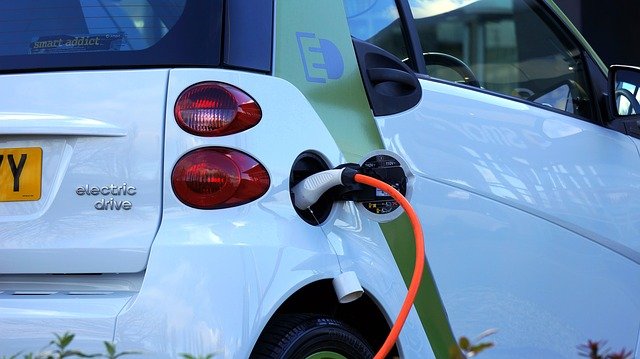
Abstract: As interest in addressing climate change continues to gain speed, demand for electric
vehicles in rising. Currently, these vehicles largely rely on lithium-ion batteries for their power,
and within those lithium-ion batteries, a blue metal called cobalt. Cobalt is the sort of magic
ingredient in batteries responsible for stabilizing them and giving them long life. However, the
world’s supply of cobalt is limited to just a few countries. One country, the Democratic Republic
of Congo, is responsible for about 70 percent of the world’s current production of cobalt, and
China for its processing. Moreover, because China dominates the cobalt mining industry in
Congo, concern is rising that China may be in a position to control the global supply of cobalt.
Given that lithium-ion batteries are used to power everything from personal electronics to
electric vehicles, if China can control the supply of cobalt, China’s muscle could be seen in other
parts of the global economy as well. Research efforts into developing cobalt-free batteries or
batteries containing less cobalt, while promising, suggests that the lithium-ion battery as we
know it today, is likely to be around for a while.
Notes: Cobalt, that necessary and critical component of the lithium-ion batteries that the world
depends on to power everything from watches and mobile phones to laptops and electric
vehicles, is in hot demand. One of the biggest contributors to the rising demand for cobalt has
been the push to adopt electric vehicles. Lithium-ion batteries rely on cobalt to help stabilize
them and to store electric charge (see Economics and Sustainability: The Science of Batteries to
explore the science of battery making in more depth). While the batteries used to power watches
and laptops are relatively small, the batteries used to power electric vehicles are much larger, and
consequently require greater amounts of cobalt. Unfortunately for battery makers, the increase in
demand for cobalt is coupled with supply issues.
Cobalt is found in just a handful of countries across the world, with the largest amount in the
Democratic Republic of Congo. Indeed, Congo currently accounts for some 70 percent of the
cobalt produced in the world. The cobalt is extracted from industrial mines and artisanal mines,
taken by land to South Africa, and then by water to China, where it is processed and sold to
battery makers around the world. China’s role as the world’s main processor of cobalt is
augmented by its dominance of Congo’s mines. It is estimated that China currently controls
about 40 percent of Congo’s mines (see Economics and Sustainability Series: The Human Cost
of Batteries to learn more about cobalt mining). The relationship between China and Congo has
been further strengthened by China’s recent forgiveness of significant loans. In fact, China has
been working to build its power over Congo’s economy for the last few decades, making the
country part of its Belt and Road initiative and implementing other infrastructure projects. For
Western nations, the situation is alarming. China is now in a position to control the world’s
supply of a vital element used to power most electronics and an important element in the fight
against global warming.
While alternatives to batteries containing cobalt do exist for commercial use, their performance
pales in comparison to those containing cobalt. Batteries containing an iron-compound have been used to power some vehicles in China, for example, but these vehicles have a limited driving
range. These batteries have also been used to store solar energy, a use where people are less
concerned about the performance drawbacks that emerge when they are used to power vehicles.
Research into reducing the amount of cobalt used in lithium-ion batteries by introducing nickel
as an alternative has revealed potential safety concerns such as increased risk for fire and
compromised performance issues such as shorter battery life or slower charging. Research into
solid state batteries that potentially could eliminate the need for cobalt is promising, but still
several years away from being commercially viable. Indeed, as more electric vehicles hit the
road, the world is now in the uncomfortable position of being unprepared. China, acting in plain
sight, appears to have captured control of the energy storage market, and in doing so, potentially
holds all of the cards for industrial dominance.
Discussion Questions:
- For decades, OPEC countries have wielded control over the global energy sector by
controlling the world’s supply of oil. Now, it seems that China has gained control of the future of energy, cobalt, a metal essential to production of the lithium-ion batteries used to power electric vehicles, laptops, and mobile phones among other things. Discuss the geopolitics of cobalt. Should Western nations be concerned that their access to the blue metal could be compromised? How can Western nations offset China’s growing power over the global supply of cobalt? Are Western nations waking up to the situation too late? - Cobalt is an essential element in the lithium-ion batteries that have become the mainstay of so many products including mobile phones and electric vehicles. While research into substitutes for the blue metal are underway, so far, few commercially viable options exist. While efforts to harvest cobalt by recycling existing batteries could make a dent in the global supply of the metal, it will fall far short of demand. Given this situation, should the United States be actively procuring a national stockpile of cobalt? Should the United States be working to ensure domestic battery production capabilities?
- In one of his first actions as U.S. President, Joe Biden moved to rejoin the Paris Accord, a
clear signal of his intention to lead the way to address climate change. Even without this action though, companies, both in the United States and elsewhere, have been making their own plans to become carbon neutral. While these efforts range in complexity, many companies are making big commitments such as shifting to electric vehicles or installing solar panels and the batteries necessary to store the energy that is captured. Reflect on how China’s dominance over the cobalt market could impact those plans. Does China effectively hold the future of the planet in its hands?
Sources: Mining.com: What China’s increasing control over cobalt resources in the DRC means for the West – report ; NS Energy: China, cobalt and the Congo: Why Xi Jinping is winning the ‘batteries arms race’; Energy and Capital: Is Cobalt the Future’s Precious Metal?; World Economic Forum: A Vision for a Sustainable Battery Value Chain in 2030; Photo: https://pixabay.com/images/id-1458836/

